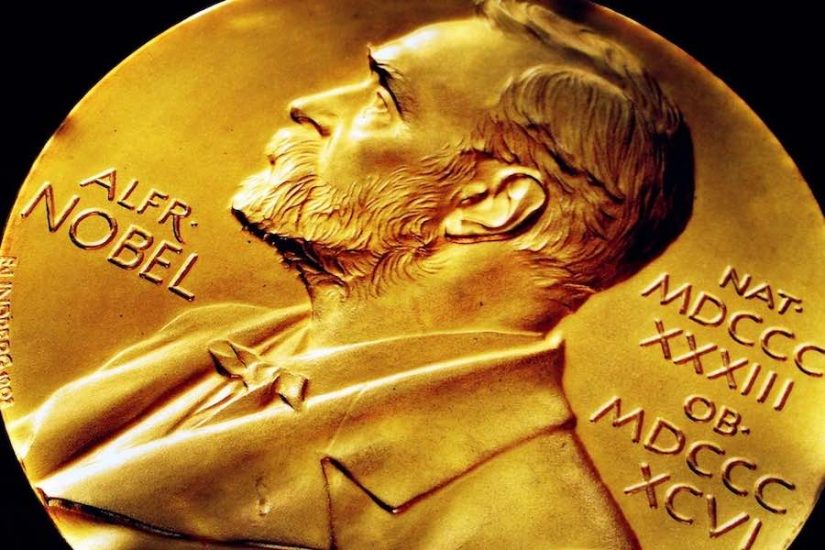A Japanese scientist won the Nobel Prize for developing the lithium-ion battery. Who are the previous winners?>
The Nobel Prize draws attention in Japan
The Nobel Prize is intended for people who have made great contributions to humanity and it is one of the world’s best-known awards. Every autumn the kind of research or activity that will be awarded a prize is the subject of much speculative betting.
Naturally, it also attracts attention in Japan, and there is much excitement in the media when a Japanese person or someone connected to Japan wins.
In this article we will look at the main Japanese Nobel Prize winners.
The invention of the lithium-ion battery is the foundation of the ICT age
In 2019 Akira Yoshino won the the Nobel Prize in Chemistry together with John B. Goodenough and M. Stanley Whittingham.
With the advent of the lithium-ion battery, mobile devices such as smartphones and laptop computers have become lighter than before and their batteries are also longer lasting. In addition, it has helped extend the travel range of electric vehicles. According to the Nobel Foundation, “It can also store significant amounts of energy from solar and wind power, making possible a fossil fuel-free society.” The impact this will have on society is not limited to the field of ICT.
Another winner of the Chemistry Prize is Osamu Shimomura who discovered green fluorescent protein (GFP). He won the prize together with Martin Chalfie and Roger Y. Tsien in 2008.
Shimomura was researching luminescent organisms when he succeeded in discovering and producing GFP, a key substance of bioluminescence, from Aequorea jellyfish.
To date, eight Japanese have won the prize for chemistry.
The application of iPS cells has much potential in regenerative medicine
The following prize-winner can never be forgotten for his contribution to life sciences. Shinya Yamanaka was awarded the Nobel Prize in Physiology or Medicine in 2012 together with Sir John B. Gurdon.
Yamanaka succeeded in producing induced pluripotent stem cells (iPS cells) which can develop into various specialized cells in the human body. Theoretically iPS cells can be used to produce any cell in the body, so there is much expectation for their use in regenerative medicine.
Embryonic stem cells (ES cells) derived from human fertilized eggs have the same pluripotency as iPS cells, but there are ethical issues involved in their use. In this respect, as iPS cells can be created from skin cells, such ethical issues can be avoided.
To date five Japanese have won the prize for physiology or medicine.
The Blue LED reducing world energy consumption
The first Japanese Nobel Prize winner was Hideki Yukawa, who won the prize for physics in 1949.Perhaps because of this history, physics is the field with the largest number of Japanese winners. There have been 11 altogether.
A recent Nobel Prize in Physics with great social significance was for the invention of the blue light-emitting diode (LED). Isamu Akasaki, Hiroshi Amano and Shuji Nakamura received the award for this invention in 2014.
This invention is not simply an energy efficient LED that emits a blue color. By combining the blue light with red and green LEDs that were already in use, a new source of white light has been realized. As a result, it has become possible to use LED lighting instead of incandescent bulbs and fluorescent lamps, which in turn has paved the way for reduced energy consumption.
No doubt this will greatly contribute to the achievement of the Sustainable Development Goals (SDGs) set by the United Nations Development Program (UNDP).








